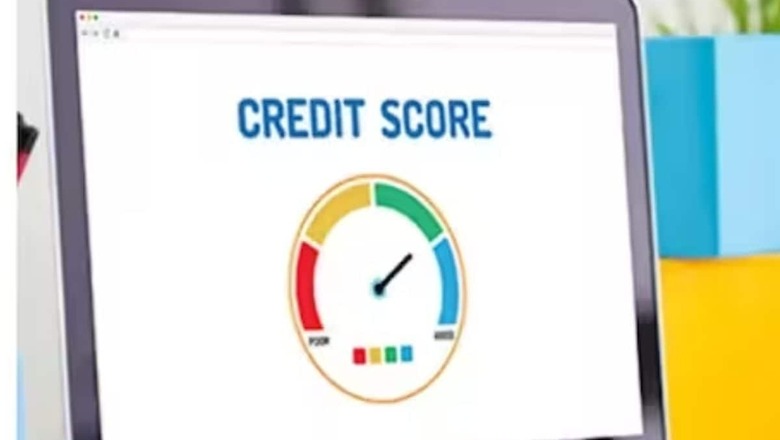
views
A credit score, often referred to as a CIBIL score, is a concise three-digit numerical representation that provides essential insights into an individual’s credit history. It represents the borrower’s past credit history as well as how they have managed different credit products like home loans, business loans, personal loans, auto loans, or credit card bills.
Besides that, credit score or CIBIL score is also considered a measure of determining a person’s ability to borrow from banks and non-banking financial companies (NBFCs). The credit score is calculated based on the credit information shared by lenders on a monthly basis.
When applying for a loan, having a good credit score is crucial as it significantly impacts the approval of loan applications.
The credit score typically falls within a range of 300 to 900, with higher scores increasing the likelihood of loan approval.
Conversely, a credit score below 600 is deemed unfavourable, making it challenging to obtain financing from banks and NBFCs.
How to improve your credit score?
Consistently paying off outstanding debts and loan installments is essential to safeguard your credit score. Timely payments demonstrate financial responsibility and contribute to maintaining a favourable credit score.
If you have older credit cards, it’s advisable to keep them active and pay the bills in full and on time. This practice not only helps establish a strong and lengthy credit history but also contributes to the maintenance of a positive credit score over the long term.
Avoid taking on excessive debt simultaneously. Instead, focus on repaying one loan before considering another. This approach prevents your credit score from plummeting and helps you manage your financial obligations without getting caught in a relentless debt cycle.
Neglecting credit card bill payments can significantly harm your CIBIL score, especially when you default or consistently fail to pay. It’s advisable to at least clear the minimum amount due to prevent the card provider from reporting non-payment to credit bureaus.
It’s not uncommon for individuals to have a good credit score, yet errors in their credit reports can result in a poor score. These inaccuracies may include personal information discrepancies, incorrect account details, overdue amounts that don’t match, duplicate accounts, and inaccurate collateral information. Correcting these errors is crucial in positively impacting your credit score.


















Comments
0 comment